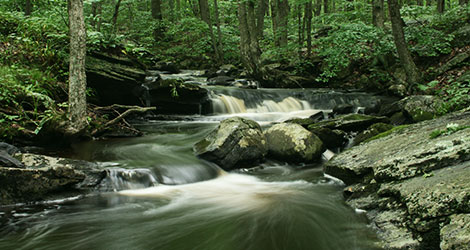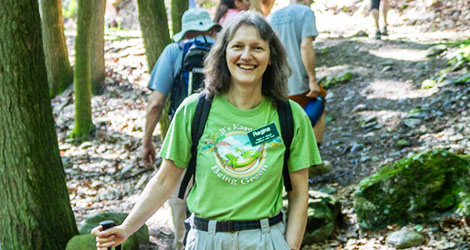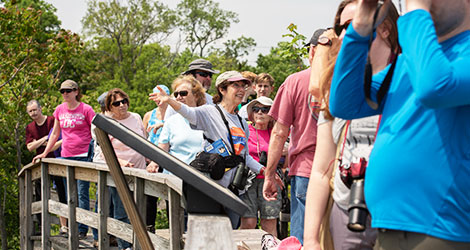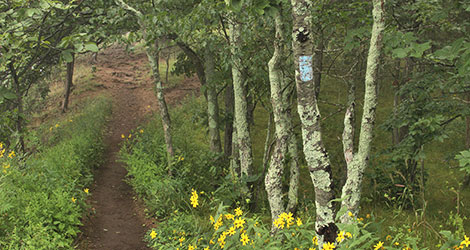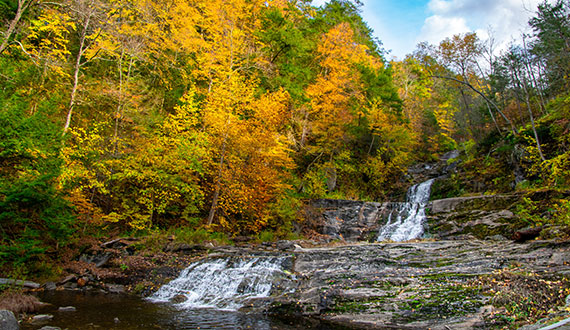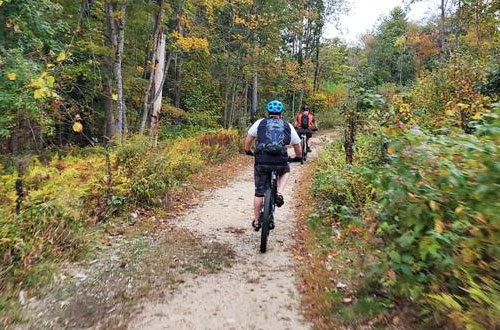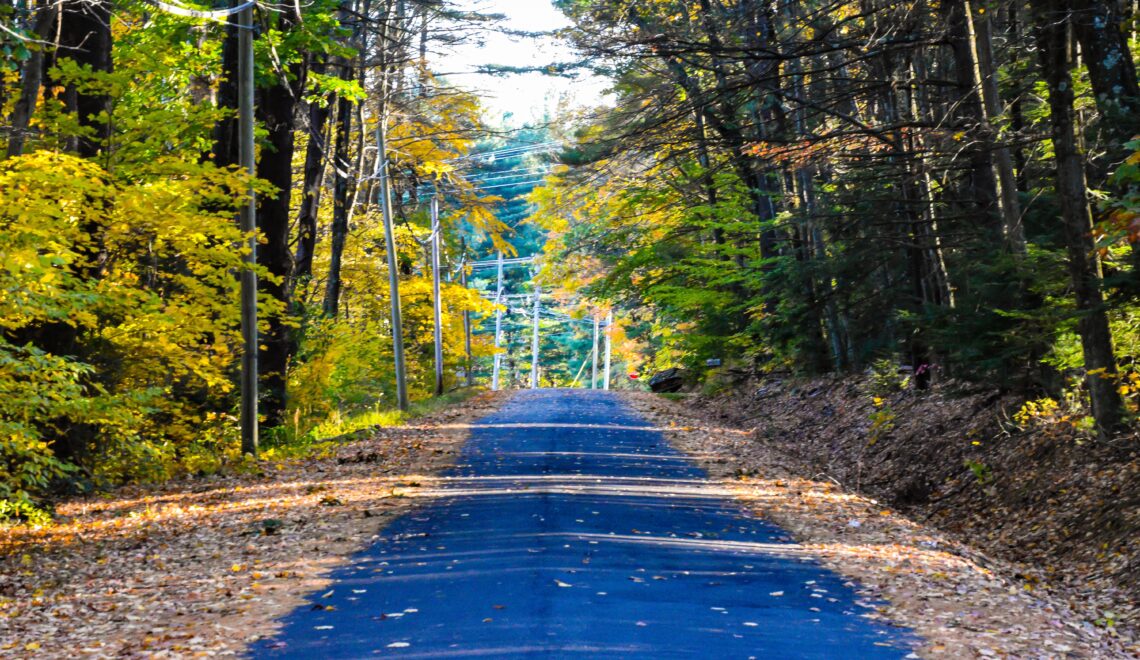Caring about forests, parks, and trails has led CFPA to work on several special reports and topics, such as forests & climate change, protecting public lands, recreational liability, the economic benefits of outdoor recreation, trees and power, and much more. Learn more below.
Forests & Climate Change
CFPA led two major efforts in 2020 and 2021 to conserve forests as forests for the future as part of the Governor’s Council on Climate Change (GC3). The consensus reports and resources that support their various recommendations follow.
GC3 Forests Subgroup Report
CFPA chaired the Forests Subgroup that published its report to the Governor’s Council on Climate Change (GC3) in November, 2020 after receiving over 130 public comments as well as feedback from other GC3 sub-groups and working groups.
View the Forests Sub-Group Final Report to the GC3 HERE
This resource page was set-up for the Forests Sub-Group and the public with links to several important publications on Forests & Climate.
If you have questions or comments about this report, please email CFPA’s Executive Director, Eric Hammerling, who chaired the Forests Sub-Group.
PRFCT Future - Resilient Forests Report
CFPA chaired the Policy on Resilient Forests for Connecticut’s Future (PRFCT Future) Working Group to make recommendations to the CT Department of Energy & Environmental Protection (DEEP) related to the ongoing and future resiliency of Connecticut’s forests. Working Group members represented a variety of organizations that have a direct interest in public policies that would lead to increased forest resiliency.
Resources on Forest Resiliency and Climate
Following are some of the key resources used in the GC3 Forests Report and the PRFCT Future Report:
Recent Connecticut reports related to forest resiliency
- Connecticut’s 2020 Forest Action Plan
- 2020 Forests Sub-Group Report to Governor’s Council on Climate Change (GC3)
- GC3 Working Group Meetings (includes Forests Sub-Group Agendas, Minutes, and Presentations)
- GC3 Webinar on No Net Loss of Forest Policy – lessons from MD and NJ (need to scroll down a bit)
- GC3 Phase I Report: Taking Action on Climate Change and Building a More Resilient Connecticut for All
- Hartford Tree Canopy Action Plan 2020
Links to additional materials for PRFCT Forest Working Group
Other State Examples:
- Maryland: Forest Preservation Act
- Maryland: No Net Loss of Forest Final Report
- New Jersey: No Net Loss of Forest Program Guidelines
Articles/Publications of Interest
- Climate Adaptation Actions for Urban Forests and Human Health (USDA Forest Service, July, 2021)
- Forest Carbon Booklet (UMass & UVM, 2020)
- Avoided Deforestation: A climate mitigation opportunity in New England and New York (Clark University/TNC, 2021)
GC3 Forests Subgroup Report Resources
The 2020 GC3 Forests Subgroup Report recommendations are based upon information drawn from the following publications contributed by Subgroup members and others (organized with the most recent information at the top, and the oldest at the bottom):
American-Forests Magazine Tree Equity Issue 2.11.20
Forest-Carbon-Booklet UMass UVM 2020
Importance of Forests in New York Products Bioeconomy Climate SUNY ESF 2020
Carbon and Conservation on MassWidlife Forest Lands 2019
Exemplary Forestry-NEFF overview-Feb2019
NEFF Landowner Communication Resources 2020
Buildings as a Global Carbon Sink Churkina 2020
Forests – Carbon Sequestration Biomass Energy or Both Favero 2020
Forest Management for Carbon Sequestration Climate Adaptation Ontl 2020
Disturbance-based silviculture for habitat diversity Thom 2020
Forest policy and management approaches for CO2 removal vonHedemann 2020
Use of Forest Products to Reduce Carbon Emissions Lippke 2019
Land use and forest management effects on soil carbon MD and eastern US Nave 2019
Proforestation to Mitigate Climate Change Moomaw 2019
Biomass loss and potential value of urban tree waste in US Nowak 2019
Disturbance in Southern NE forests Santoro 2019
Methane production and emissions in forests Covey 2018
Forest Aging Disturbance and the Carbon Cycle Curtis and Gough 2018
Forests in Second State of the Carbon Cycle Report Domke 2018
Tree diversity in eastern national parks Miller 2018
Exposure of Protected and Unprotected Forest to Plant Invasions Riitters 2018
Impact of woolly adelgid and presalvage harvest on carbon Krebs 2017
Soil Carbon feedback to climate system Melillo 2017
Red pine changes in managed and unmanaged conditions Young 2017
Forest protection and forest fire in western US Bradley 2016
Carbon Balance Management by Disturbance Type in US Harris 2016
Forest structure in older forests in national parks Miller 2016
Forest Cover and New England Cottontail Buffum 2015
Carbon storage in old growth forests in mid atlantic McGarvey 2015
GC3 Recommendations for Forests and Carbon Sequestration Silver 2015
Carbon Fossil Fuel and Biodiversity Mitigation with Wood and Forests Oliver 2014
Rate of tree carbon accumulation increases with tree size Stephenson 2014
Birds in managed and wild hemiboreal forests Zlonis 2014
Ecological Integrity in Urban Forests Ordóñez 2012
Assessing ecosystem health Rapport 2012
Forest Mgt for Mitigation and Adaptation to Climate Change Silviculture D’Amato 2011
Late-Successional Biomass Development in Northern Hardwood-Conifer Forests Keeton 2011
Synthesis of current knowledge on forests and carbon storage McKinley 2011
Forest Health an integrated perspective Teale and Castello 2011
Influence of Land Use and Climate Change on Forest Biomass Thompson 2011
Forest Carbon Storage Ecology Mgt and Policy Fahey 2010
Air Quality Effects of Urban Trees and Parks Nowak 2010
Synthesis of Science on Forests and Carbon Ryan 2010
Forest Carbon Storage in the Northeastern US Nunery and Keeton 2009
Controls on Forest Carbon Storage Past Lessons and Predictions Gough 2008
What is a healthy forest Warren 2007
Preemptive salvage harvests in NE forests vs doing nothing Foster 2006
Carbon Storage and Sequestration by Urban Trees Nowak and Crane 2001
Tree Species Selection Design and Management to Improve Air Quality Nowak 2000

